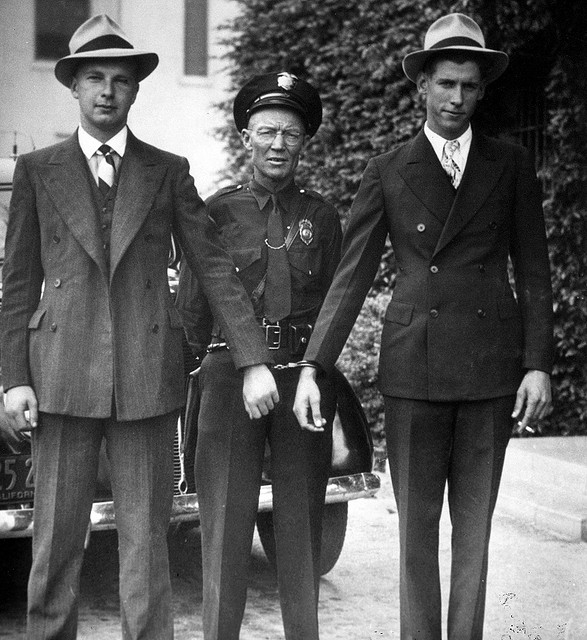It’s an unpresupposing little letter, $x$. In fact, that’s the reason we use it to represent something we don’t know. But how do you write it down? When Vijay Krishnan tweeted a link to an American college professor’s page on mathematical handwriting, I was shocked to learn that he thought adding a hook to a simple cross was sufficient to differentiate letter-$x$ from times-$\times$.
So I asked our Twitter followers how they write $x$. The Cambrian explosion of diversity in answers I received was eye-opening – I’m glad I asked!


